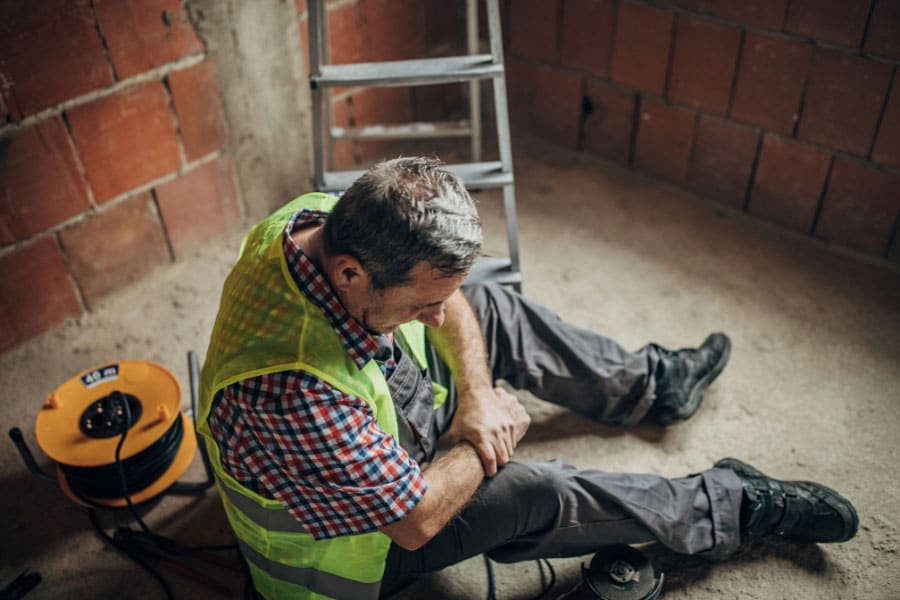How to Document Your Personal Injury Case: A Complete Guide

How to Document Your Personal Injury Case: A Complete Guide
Proper documentation is crucial when pursuing a personal injury claim in Ireland. Whether you’ve been injured in a workplace accident, on the road, or in a public place, having thorough documentation can significantly strengthen your case and help ensure you receive fair compensation.
This guide will walk you through the essential steps of documenting your personal injury case.
1. Seek Immediate Medical Attention
Your health comes first. Visit your GP or the nearest A&E department immediately after the incident. This serves two crucial purposes: it ensures your injuries are properly treated, and it creates official medical records that link your injuries to the accident.
Keep all medical documentation, including:
- Hospital admission records
- Doctor’s notes
- Prescriptions
- Referral letters
- Treatment plans
- Medical certificates
2. Report the Incident
Ensure the accident is properly reported to relevant authorities:
- Workplace accidents: Report to your supervisor and ensure it’s recorded in the company’s accident book
- Road traffic accidents: Report to An Garda Síochána
- Public place accidents: Notify the property owner or manager
- Store incidents: Report to store management
Request copies of all official reports and note the incident reference numbers.
3. Photograph Everything
Visual evidence is invaluable. Take clear photographs of:
- Your injuries (document their progression over time)
- The accident scene from multiple angles
- Any hazards that contributed to the accident
- Property damage (if applicable)
- Weather conditions (if relevant)
- Any warning signs (or lack thereof)
Ensure photos are time-stamped and stored securely.
4. Gather Witness Information
Collect contact details from anyone who witnessed the accident:
- Full names
- Phone numbers
- Email addresses
- Postal addresses
Ask witnesses if they’d be willing to provide a statement about what they saw. Mullan Treacy LLP Solicitor can help you obtain formal witness statements later.
5. Keep a Detailed Personal Diary
Start a diary immediately after the accident, recording:
- How the accident happened
- Daily pain levels and symptoms
- Impact on your daily activities
- Missed work days
- Medical appointments
- Travel expenses for medical care
- Any communication with involved parties
This information can be crucial when dealing with the Injuries Board (PIAB) or insurance companies.
6. Preserve Physical Evidence
Where possible, keep:
- Clothing worn during the accident
- Damaged personal items
- Any objects that contributed to the accident
Store these items safely and document their condition with photographs.
7. Track Financial Losses
Maintain detailed records of all accident-related expenses:
- Medical bills
- Prescription costs
- Transport costs to medical appointments
- Loss of earnings
- Property repair or replacement costs
- Any additional expenses incurred due to your injury
Keep all receipts and create a spreadsheet to track expenses.
8. Document Communication
Keep records of all accident-related communication:
- Emails
- Letters
- Text messages
- Phone call logs
- Notes from conversations with insurance companies
- Correspondence with the Injuries Board
Save everything in chronological order, either digitally or in a dedicated folder.
9. Maintain Employment Records
If your injury affects your work, document:
- Medical certificates submitted to your employer
- Communications about sick leave
- Reduced hours or modified duties
- Lost overtime opportunities
- Impact on bonus payments or commissions
Request copies of relevant HR records and payslips showing earnings before and after the accident.
10. Seek Professional Guidance Early
Consult Mullins Treacy LLP, your personal injury solicitors, as soon as possible. We can:
- Advise on proper documentation requirements
- Ensure compliance with PIAB procedures
- Help gather necessary evidence
- Protect your interests when dealing with insurance companies
- Ensure you meet legal time limits (usually two years under the Statute of Limitations)
Remember:
– Never dispose of any documentation, no matter how insignificant it may seem
– Keep original documents safe and make copies for reference
– Organise everything chronologically
– Store digital copies of important documents
– Be consistent in your record-keeping
Conclusion
At Mullins Treacy LLP Solicitors, we understand that proper documentation can significantly impact the outcome of your personal injury claim. While the process might feel overwhelming, maintaining thorough records from the start will help us build a strong case on your behalf and work towards securing the compensation you deserve for your injuries.
Although taking these steps cannot guarantee success, detailed documentation enables our experienced team to advocate effectively for you, whether through the Personal Injuries Assessment Board (PIAB) process or, if necessary, in court proceedings.
Trust Mullins Treacy LLP Solicitors to guide you every step of the way.
Call us on 051 391 488 or email reception@mullinstreacy.ie for a no obligation enquiry.
Before you go…
It’s not just probate we specialise in! We can also help you with:
Property Transactions
Personal Injury
Medical Negligence
Wills
Powers of Attorney
Family Law

